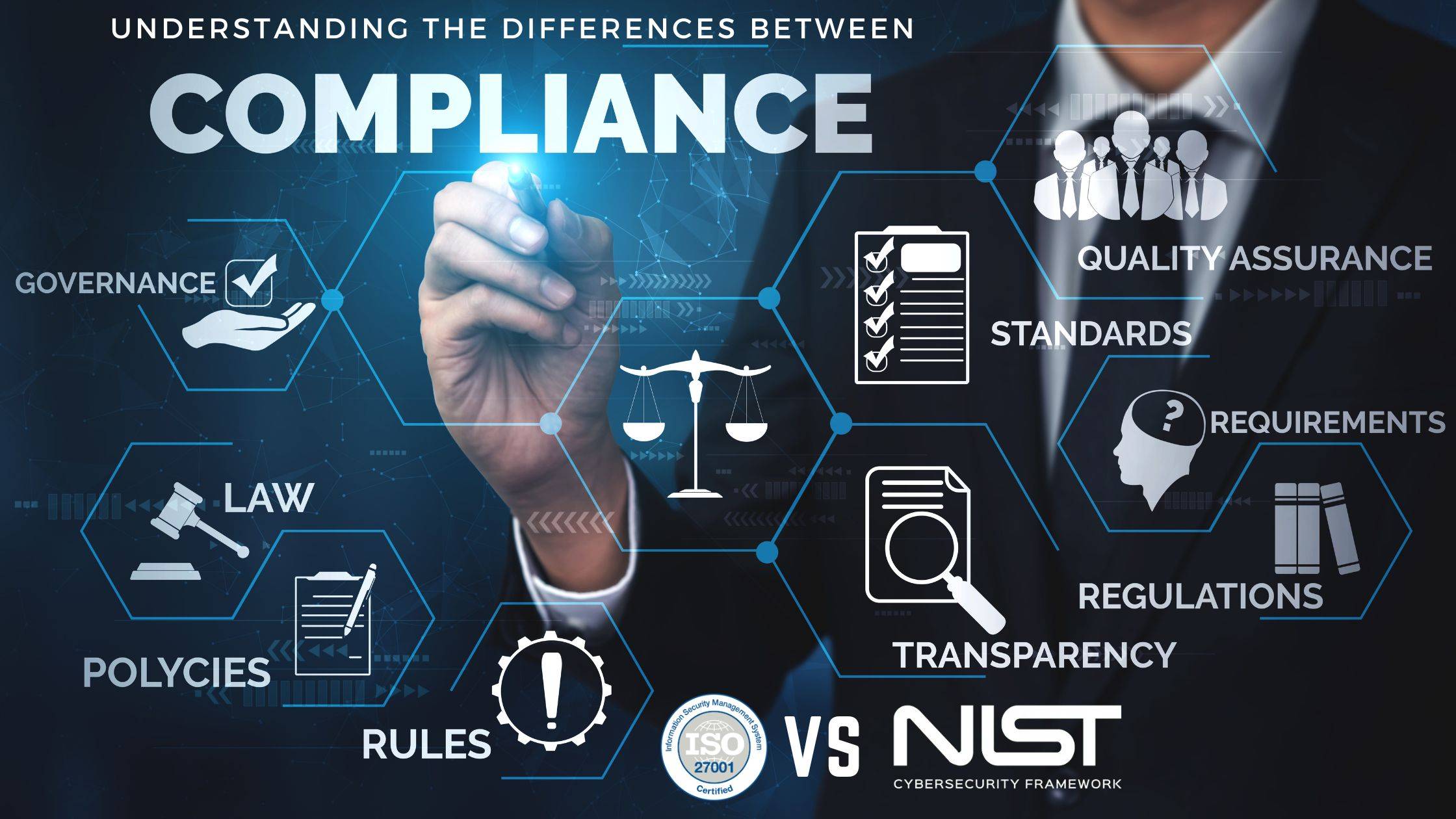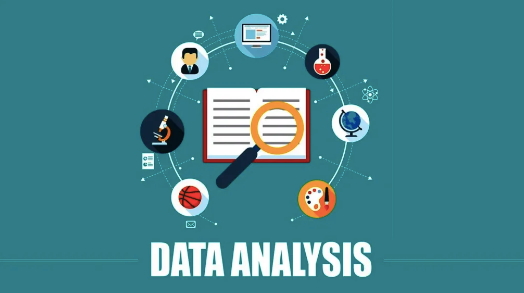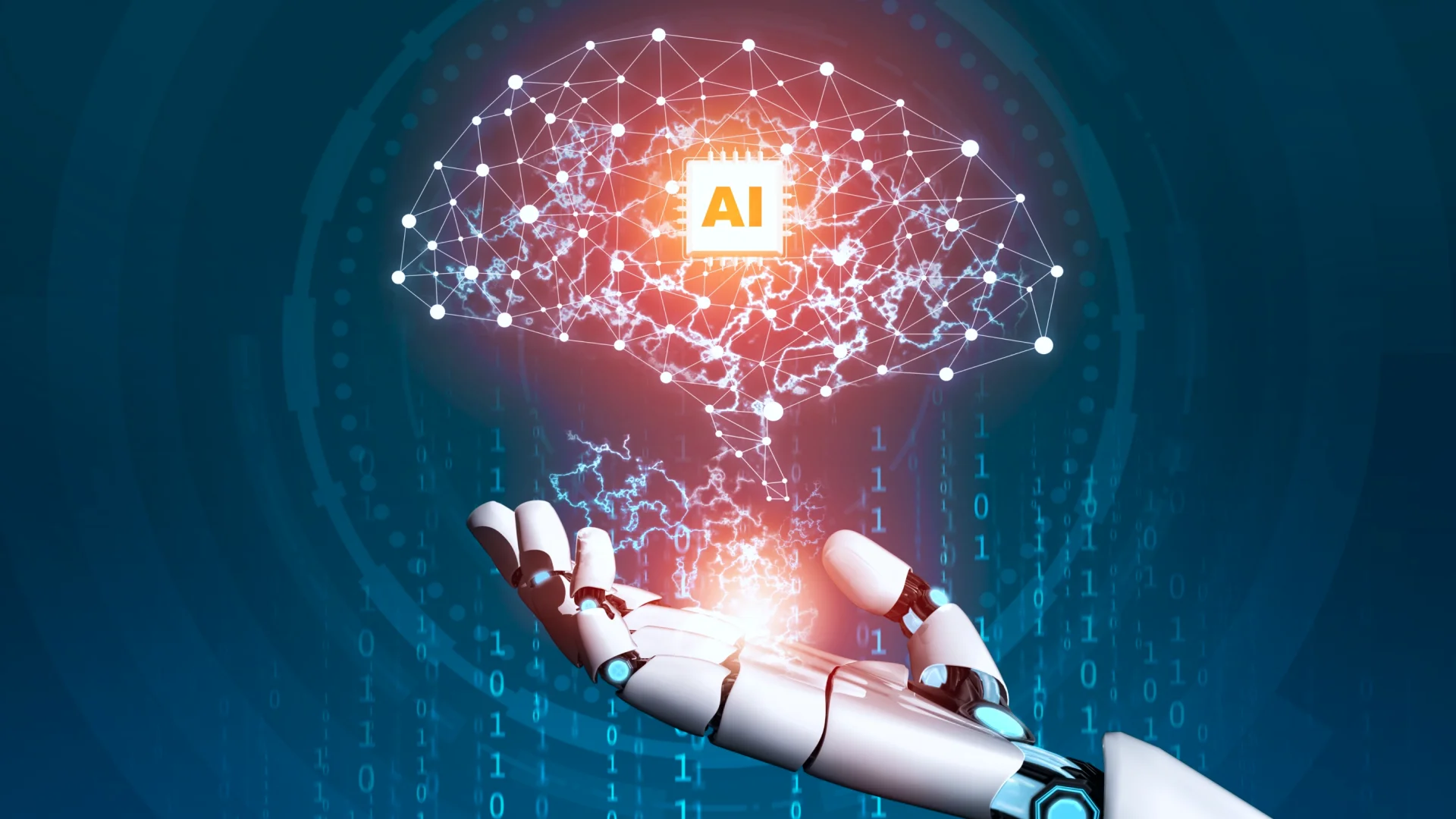In the rapidly evolving world of artificial intelligence and machine learning, the conversation around ethics has never been more critical. As AI becomes increasingly integrated into various aspects of our lives, ensuring that these systems operate fairly and without bias is paramount. Let’s explore the ethical considerations surrounding AI, with a focus on bias, fairness, and accountability.
Understanding Bias in AI
1. The Roots of Bias in Machine Learning
Bias in AI systems often stems from the data used to train them. When training data reflects historical inequalities or societal biases, the AI model can inadvertently learn and perpetuate these biases. For example, an AI system trained on biased hiring data might favor certain demographics over others, leading to unfair outcomes.
In my experience, addressing bias requires a careful selection of diverse and representative training data. Additionally, ongoing monitoring and adjustments are necessary to ensure that the AI system continues to operate fairly as it encounters new data.
Striving for Fairness
Implementing Fairness in AI Models
Fairness in AI is about ensuring that the outcomes of machine learning models do not disproportionately disadvantage any group. This involves not only removing bias but also actively working to create equitable systems. Techniques like re-weighting data or adjusting decision thresholds can help achieve fairness.
However, fairness is a complex issue. What is fair in one context might not be in another. This is why it’s essential to have a clear understanding of the specific fairness goals for each AI application. Through my work, I’ve learned that collaboration with ethicists and stakeholders can guide the development of AI systems that align with societal values and expectations.
Accountability in AI
Ensuring Accountability in AI Deployment
As AI systems make increasingly significant decisions, the question of accountability becomes crucial. Who is responsible when an AI system makes a biased or unfair decision? Ensuring accountability means that organizations must take responsibility for their AI systems’ actions and outcomes.
One approach is to implement explainability in AI models, making it clear how decisions are made. This transparency helps in identifying potential biases and correcting them. Moreover, regulatory frameworks and industry standards are emerging to hold organizations accountable for their AI systems.
Conclusion
Ready to dive deeper into the ethical challenges of AI? Join our upcoming Bootcamp to gain insights into building fair and accountable AI systems.
Whether you’re a beginner or a professional, our courses are designed to equip you with the knowledge and tools needed to navigate the complexities of ethical AI. Visit our website to secure your spot and lead the way in responsible AI development.








